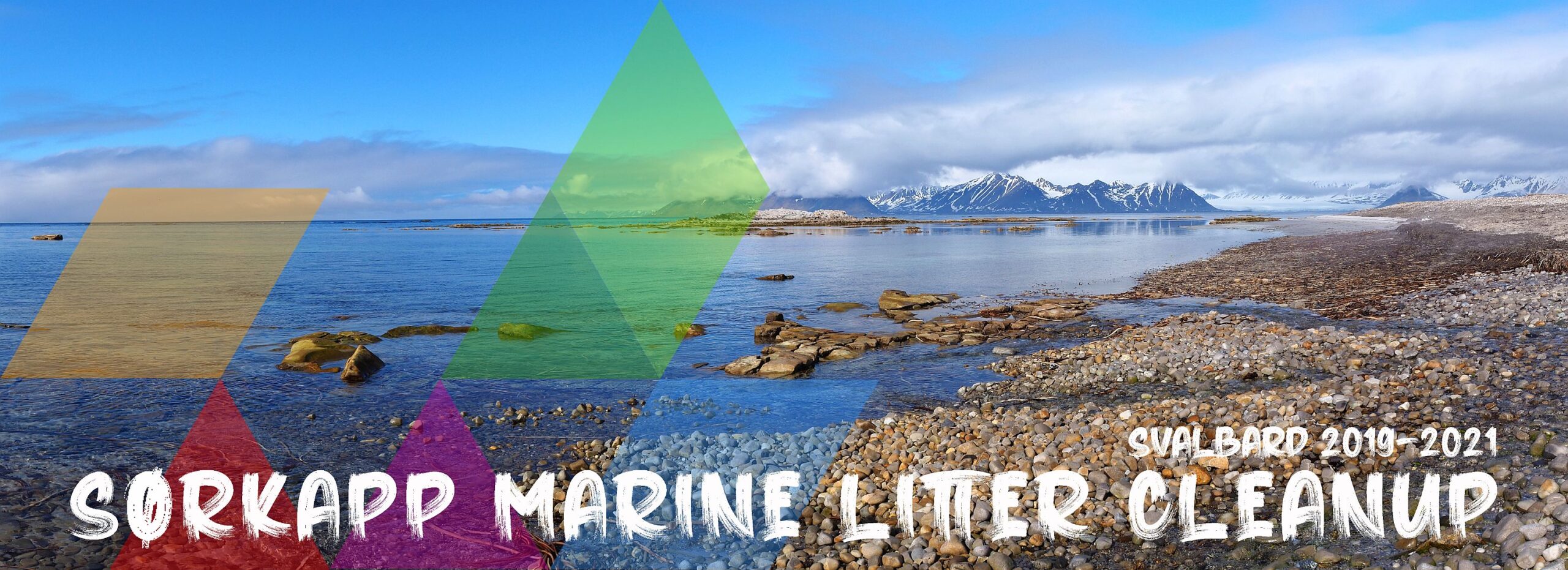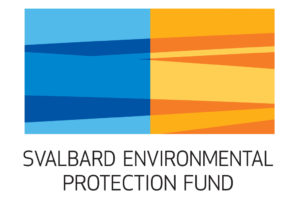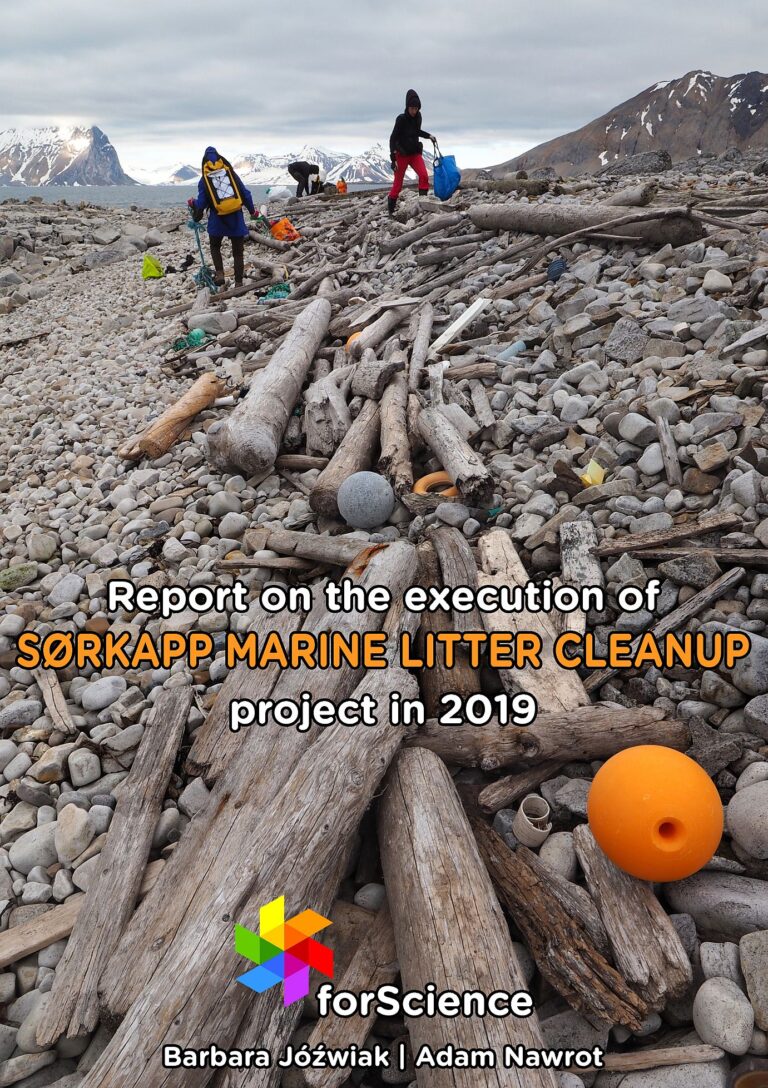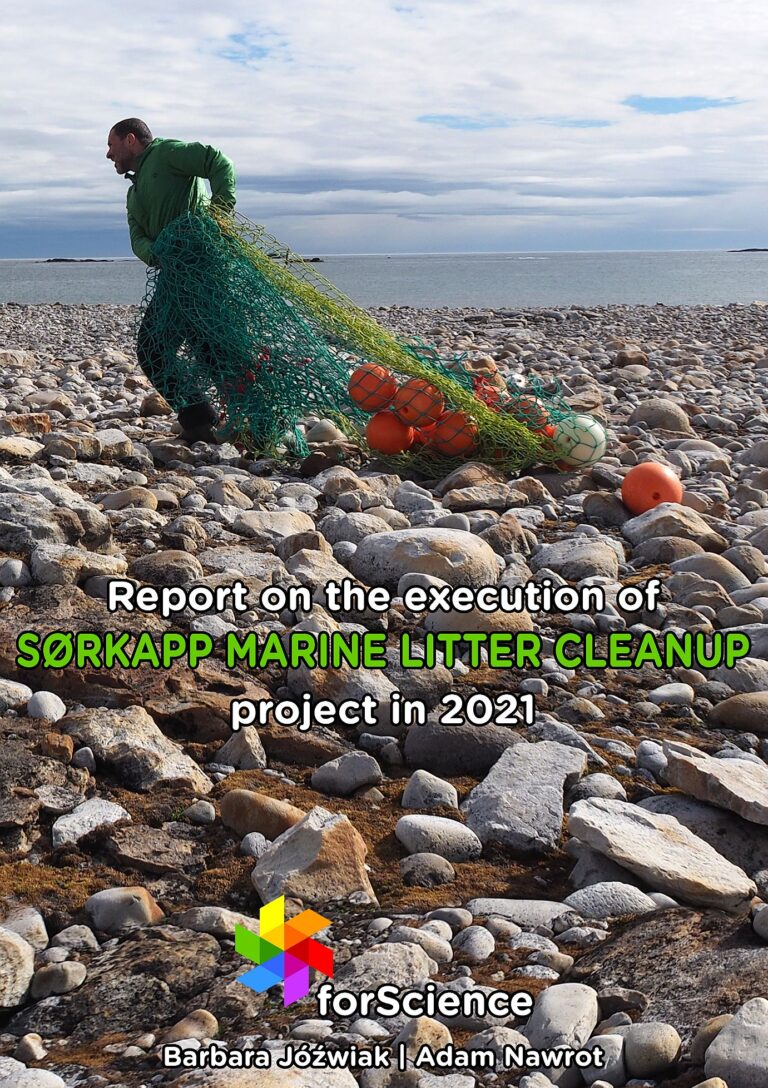Sørkapp Marine Litter Cleanup was an initiative focusing on the issue of marine litter in remote areas of the Arctic and combining scientific goals with down-to-earth practical work for the sake of the natural environment. During fieldwork carried out in the south of Svalbard, we collected litter accumulated on the shore and data, which deepened our understanding of the scale and consequences of litter pollution in this part of the world.
It received media support from Zew Północy magazine and Radio Kampus.
Moreover, due to the 100th anniversary of establishing diplomatic relations between Poland and Norway, which was celebrated in 2019, it was given the honorary patronage of the Embassy of the Republic of Poland in Oslo and the Royal Norwegian Embassy in Warsaw.

Details of both rounds of fieldwork and the adopted methodology can be found in two separate project reports. Additionally, the report from the year 2021 presents conclusions regarding the rate of marine litter accumulation within the project’s target area and differences in litter concentration on particular sections of the north-western coast of Sørkappland. And although reports are not exactly the world’s most favourite genre, do give ours a try and you may well be pleasantly surprised.
If reports are not your thing, you may want to have a look at the posts below. They discuss the issue of marine pollution in the Arctic, the project’s origins and assumptions, organizational ups and downs, as well as daily challenges and unexpected turns of events, which we faced when working in Svalbard. As a bonus, we weave in many interesting facts and practical advice for all those who find the far north as close to their hearts as we do.
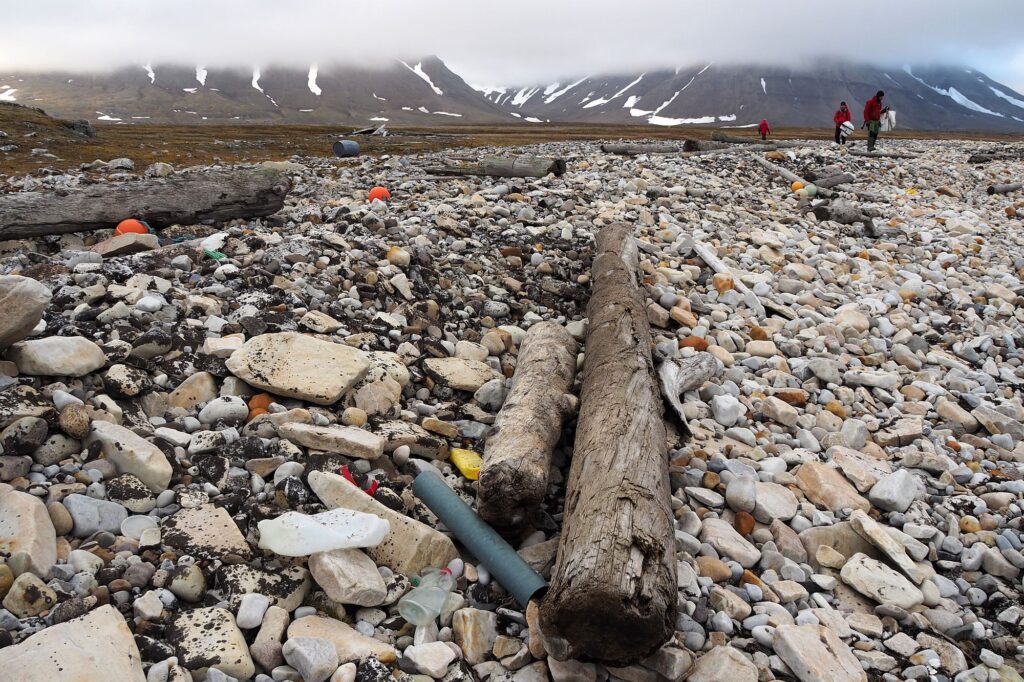
Svalbard 2021.
Part 4: Project fieldwork
Much can be said about our project fieldwork but not that we ever travelled light. Why? Because, apart from some extra clothes, which were to protect us against the fickle Arctic weather, we also had to carry: flare guns and rifles in case of a not-that-pleasant encounter with a polar
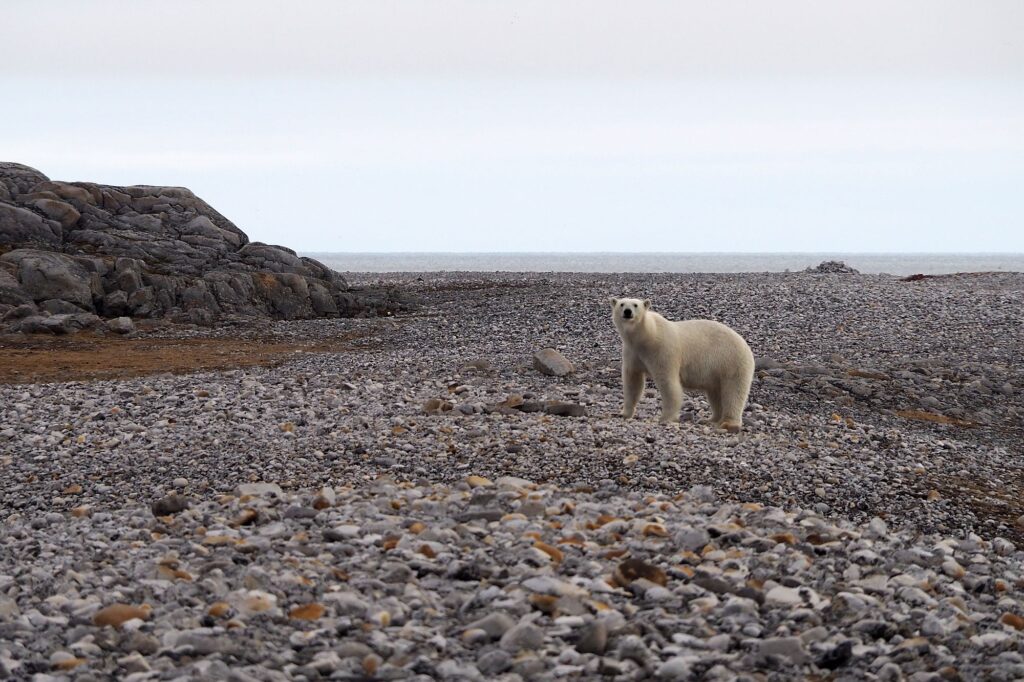
Svalbard 2021.
Part 3: Animal encounters
It sneaked up on us, cheeky rascal. We had only just come back from the field. Tired and hungry, we didn’t even have enough time to bring food tins to the table, which temporarily stood outside. We came out from behind the corner and there it was, the king of
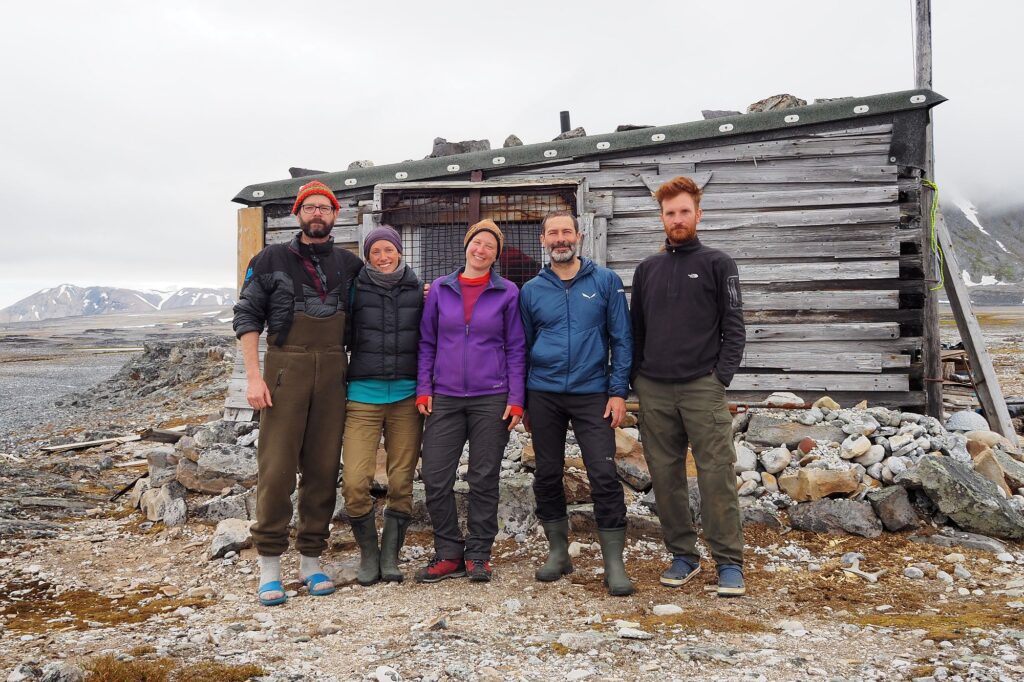
Svalbard 2021.
Part 2: The great wait
We could write volumes about this year’s expedition, but – honestly – who would have time to read such things? So, for a start, here come a few key numbers: 1 Awfully Rotten Cabin4 awesome weeks (and a bit)6 intrepid volunteers11 days of back-breaking fieldwork23 kilometres of Svalbard’s coast2170 kilograms
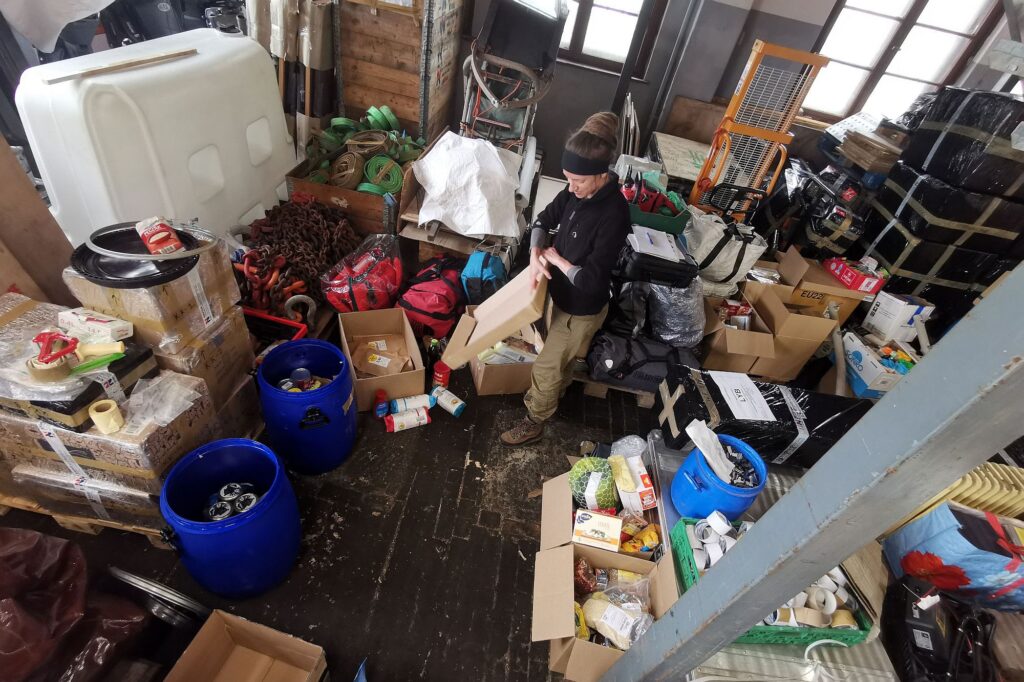
Svalbard 2021.
Part 1: Preparations
So we’ve made it to Norway. Put up in pretty comfy rooms on the 12th floor of a quarantine hotel in the centre of Oslo, we’re just starting the third day of a mandatory 10-day quarantine. We arrived in Oslo on Saturday and – armed with negative COVID test results,
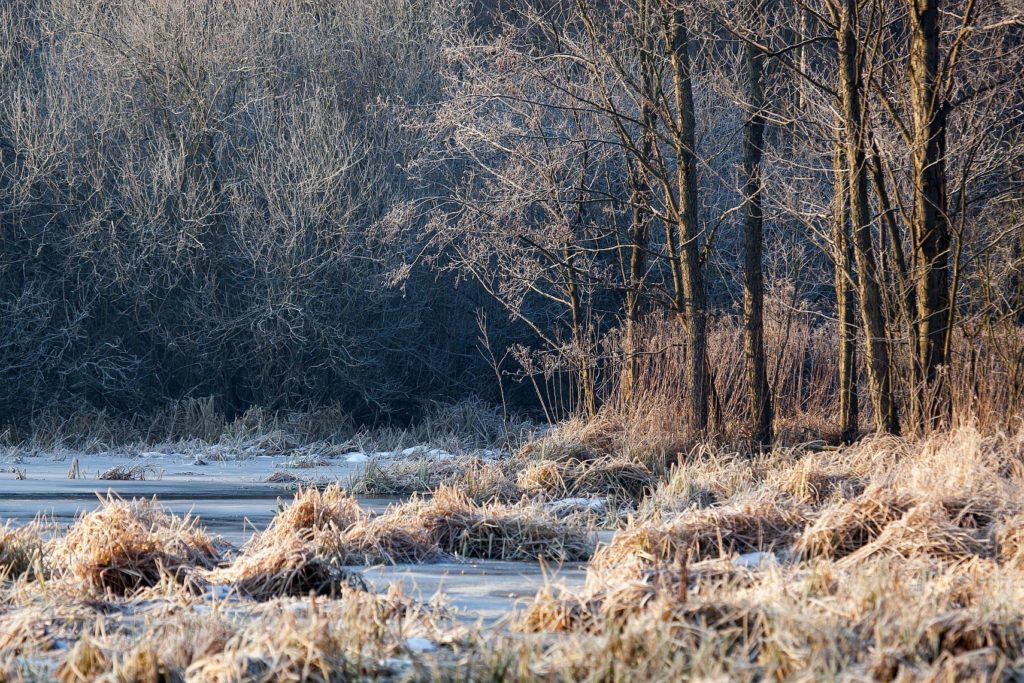
The Magnificent Four, or project team version 2.0
In mid-February, a remarkable meeting – or, more specifically, two remarkable meetings! – took place among the peace and quiet of Kampinos National Park, providing us with an opportunity to meet the ten candidates whose applications appealed to us the most. It is hardly surprising that our base was an
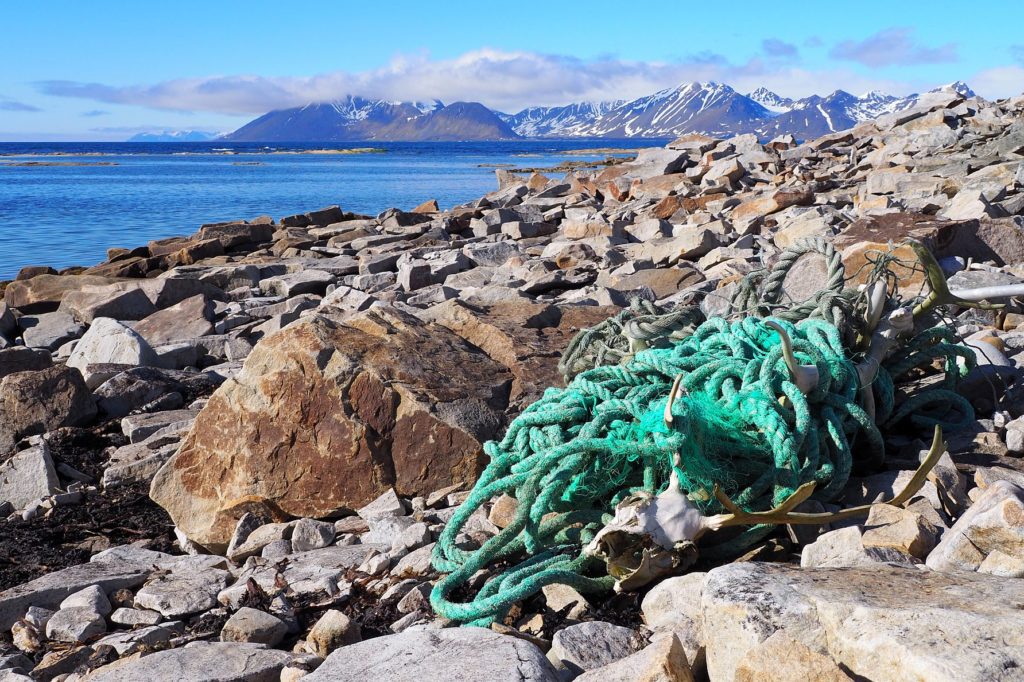
Better late than never, Part Two
Seas and oceans have served humanity as rubbish dumps for hundreds of years, but initially it wasn’t much of a problem. As recently as at the end of the 18th century, there were merely 1.5 billion of us and the majority of rubbish we generated was made of natural materials,
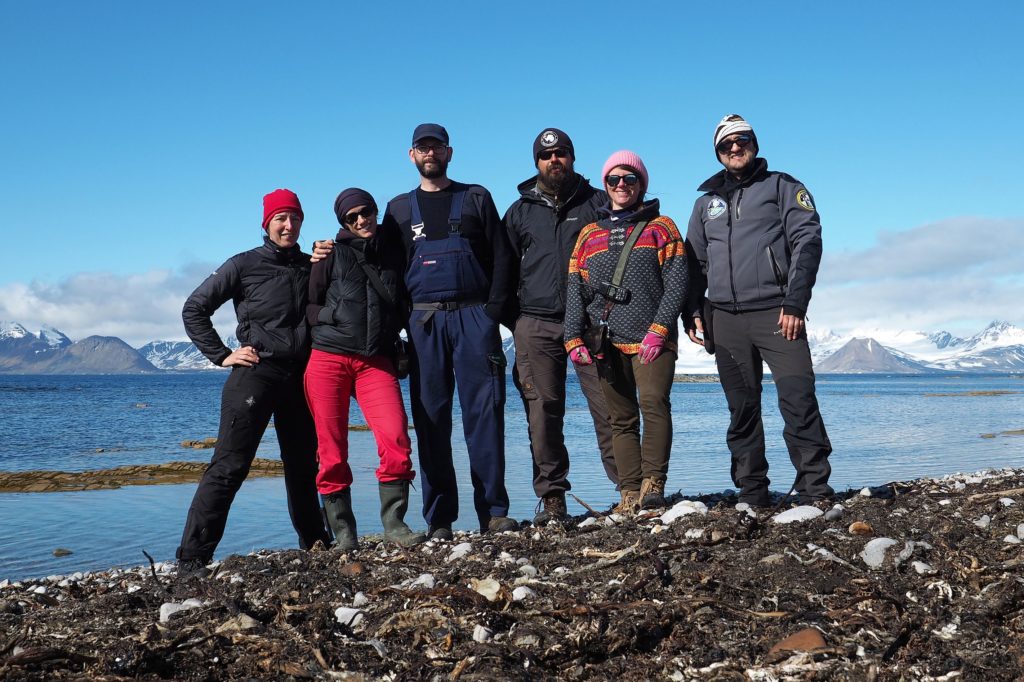
Better late than never, or slightly cooled news from the front
It’s been two months since – after four weeks of grappling with beach litter, bad weather and our own weaknesses – we reached the end of this year’s round of fieldwork, conducted as part of Sørkapp Marine Litter Cleanup project. Much against our better judgement, we did not immediately go
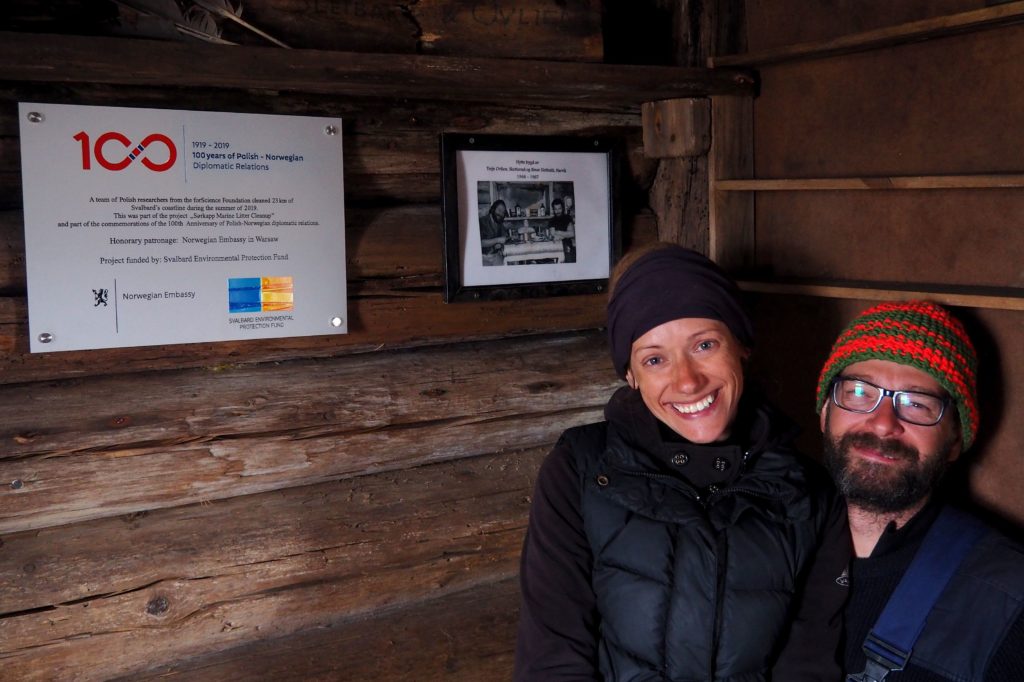
Project for a centenary
This spring, Sørkapp Marine Litter Cleanup project received the patronage of the Royal Norwegian Embassy in Poland. Despite the fact that the Embassy does not normally offer its patronage to initiatives carried out outside Polish borders, an exception was made in our case. The reason behind this exceptional treatment was
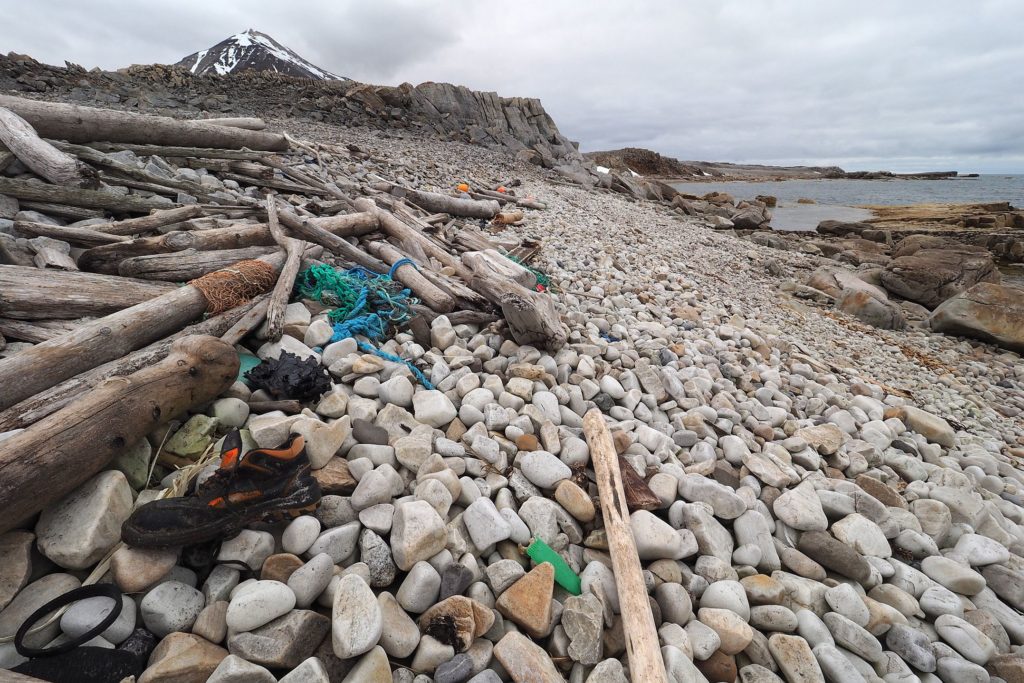
Whatever it takes
The issue of marine litter may be approached in a number of ways. The widest recognition is usually given to initiatives focusing on prevention, such as raising the awareness of dangers involved in excessive use of plastic or searching for environmentally-friendly alternatives. There is also much talk about improving existing
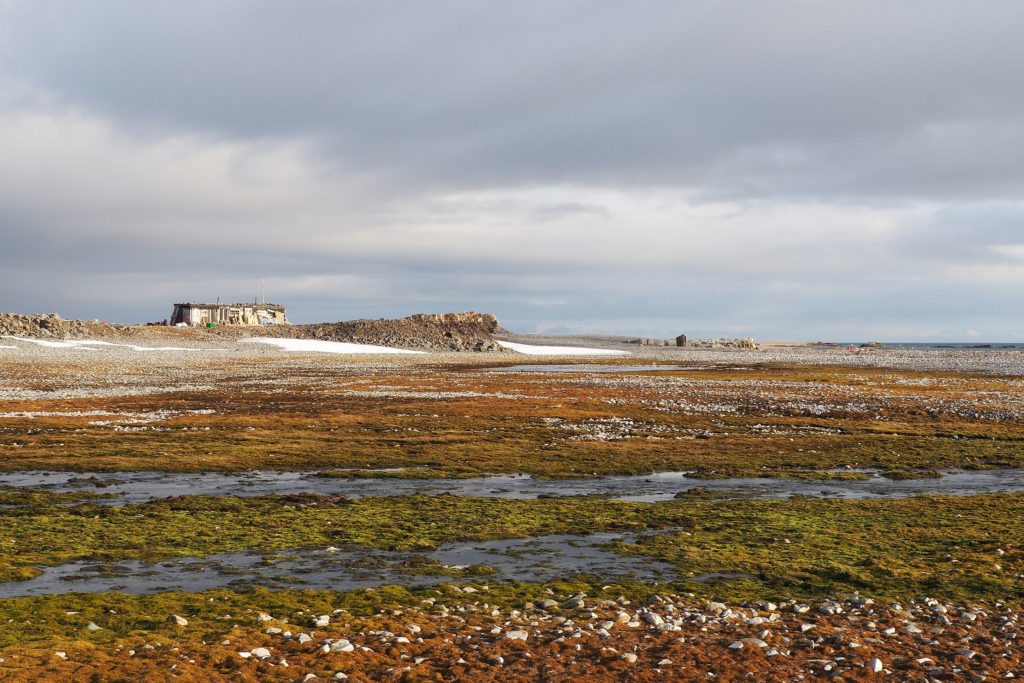
Awfully Rotten Cabin & Co., Part Two
In the previous post we explained, among others, where the Awfully Rotten Cabin (or Kapp Horn Hytte, as it’s usually referred to in official records) came from, how it’s changed over the years and what stands behind its shabby, yet still irresistible charm. Today we’ll introduce you to building trends
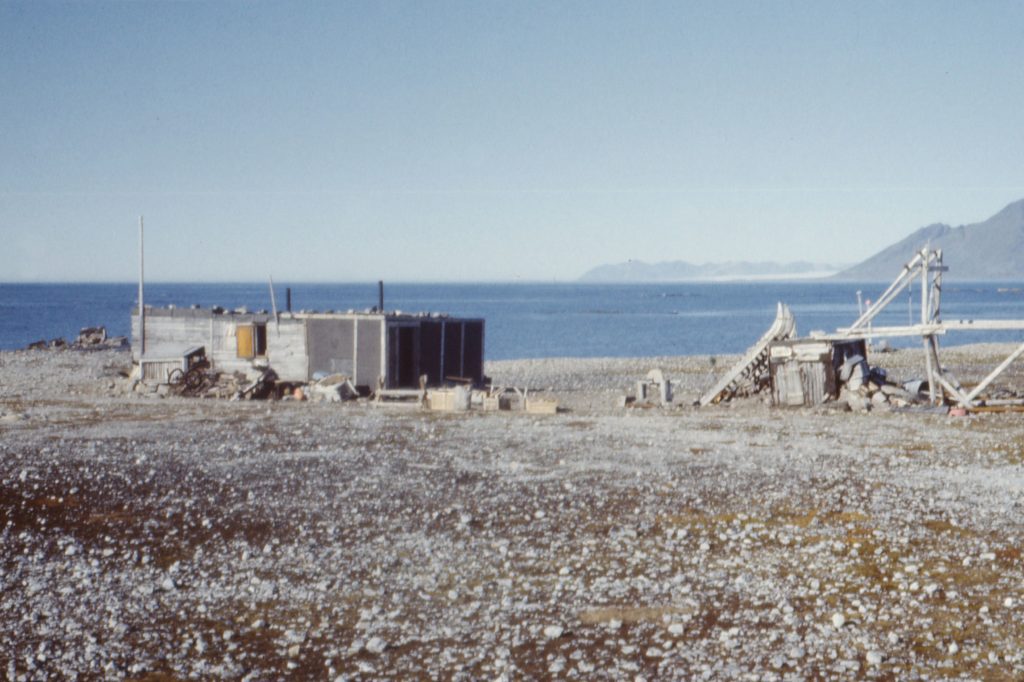
Awfully Rotten Cabin & Co.
Today we’re going to tell you a little more about the Awfully Rotten Cabin, or Kapp Horn Hytte (which is how it’s referred to in official records). What stands behind these names is the trapper’s cabin in Palffyodden, which will soon, for three weeks, turn into our headquarters and after
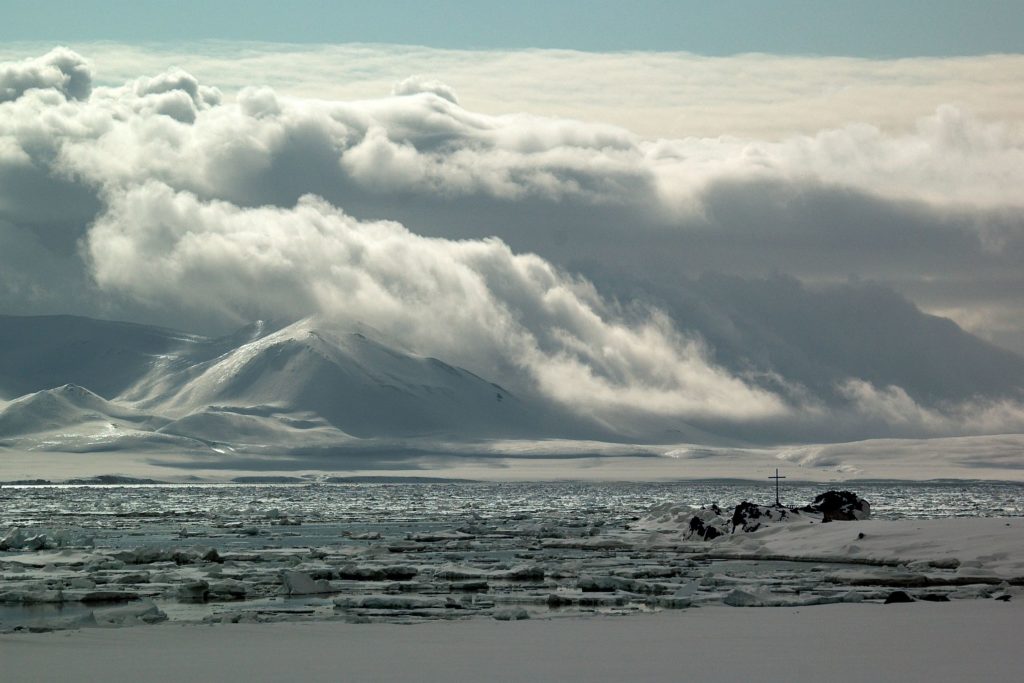
Not quite plain sailing
A project is much like a baby. Before we got down to work, the idea seemed brilliant, the required amount of effort and commitment – reasonable, and the expected feeling of satisfaction from a job well done – irresistibly tempting. The project was fun to conceive, the months of waiting
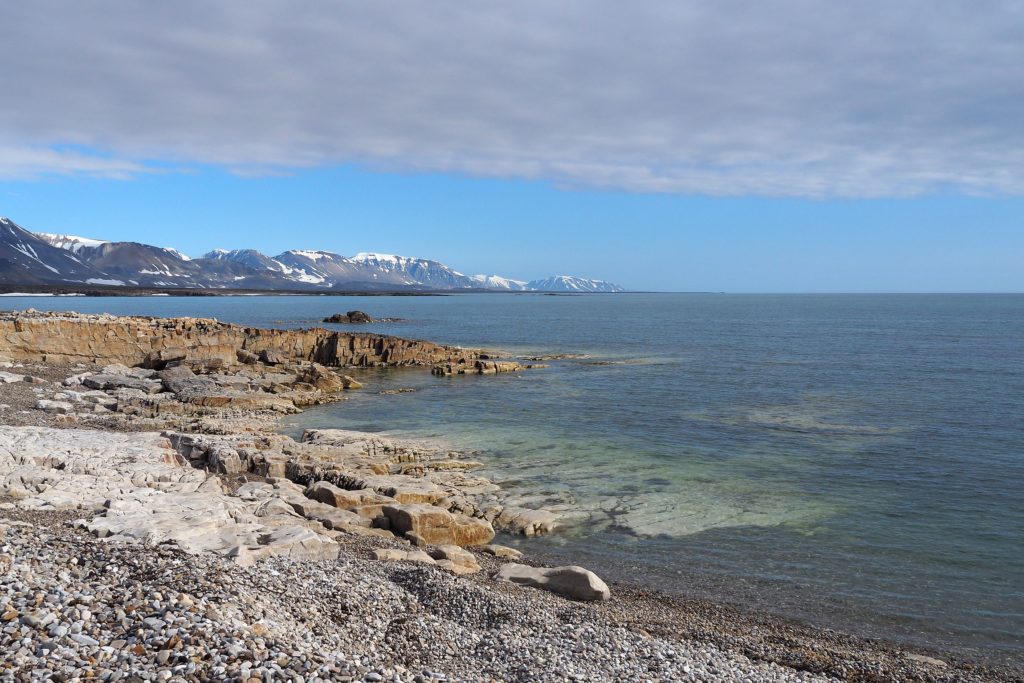
Destination: the Arctic
If strolling along litter-strewn European beaches you ever console yourself with the thought of the far north – the last stronghold of wilderness, where beaches do not as yet look like rubbish dumps – you’re in for a bit of a disappointment. The Arctic is drowning in litter. The situation
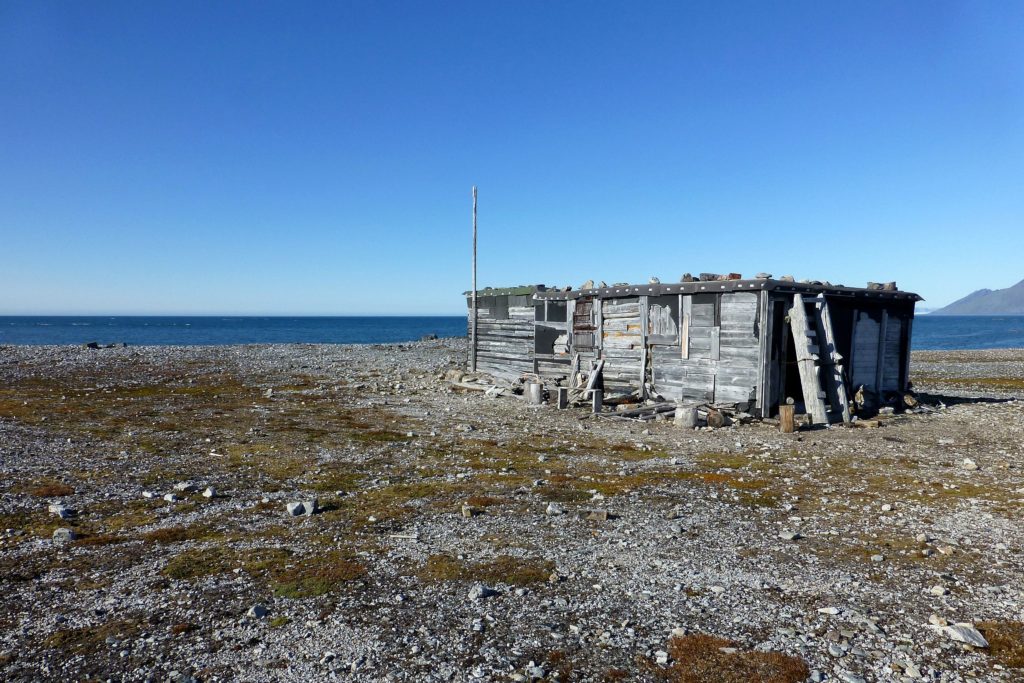
What sprouted in a rotten cabin
The idea to clean a stretch of Svalbard’s shoreline emerged one gloomy September afternoon in 2015, when – bored with excessive comfort of the Polish Polar Station Hornsund – we crossed the fiord to spend a few days in a rotten trapper’s cabin in Palffyodden and do some maintenance work
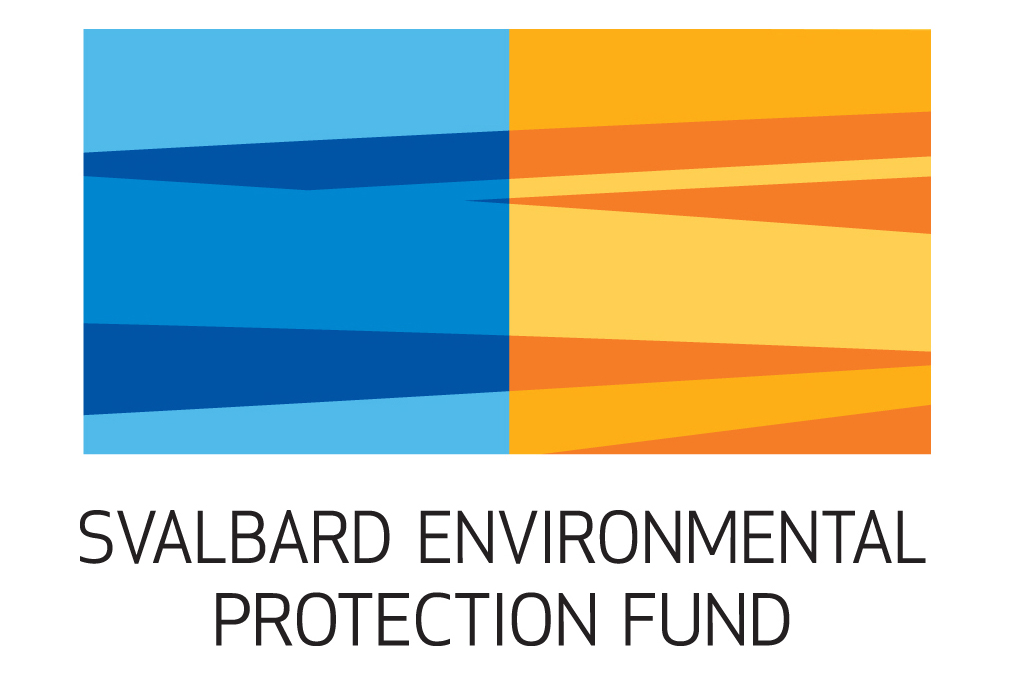
Cleaning the Arctic, or Sørkapp Marine Litter Cleanup
We are proud to announce that we have received 330,000 NOK from Svalbard Environmental Protection Fund for the realization of a project entitled Sørkapp Marine Litter Cleanup (No 18/70). Marine litter is human-created waste that has deliberately or accidentally been released in a sea or ocean. It can be blown

